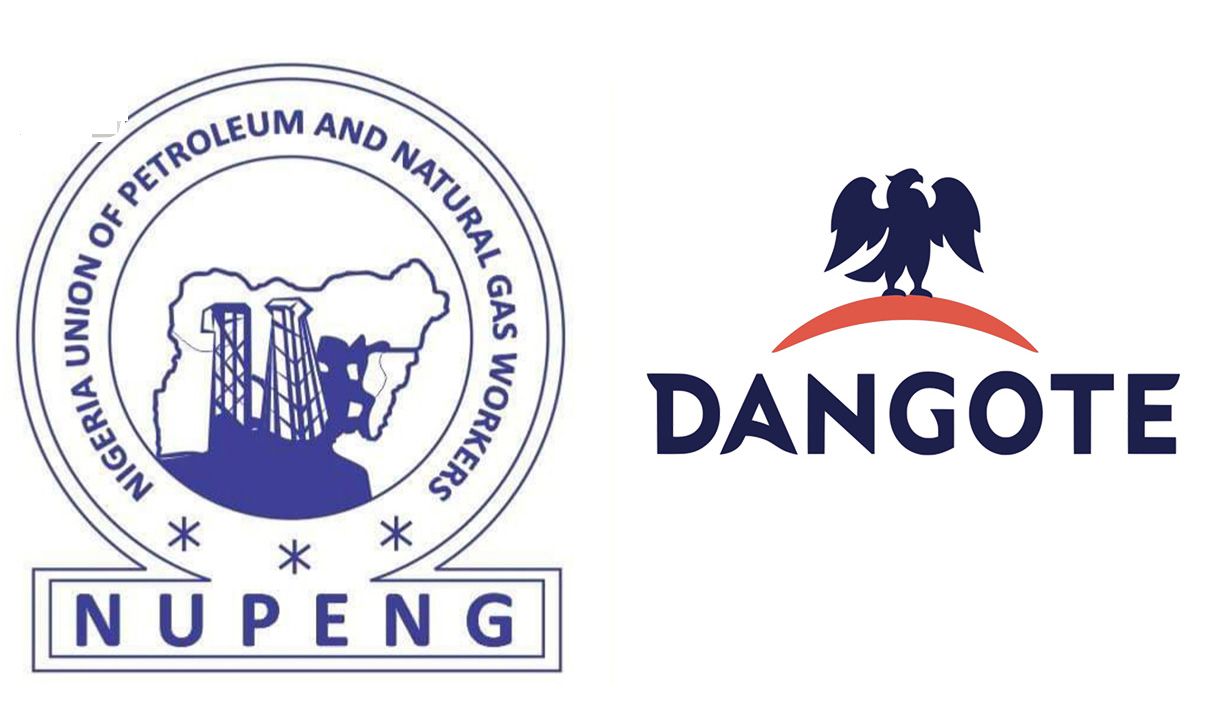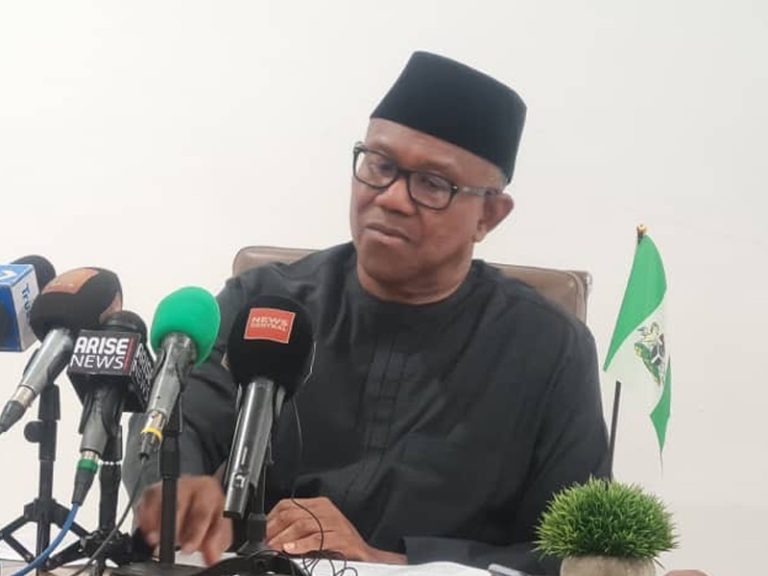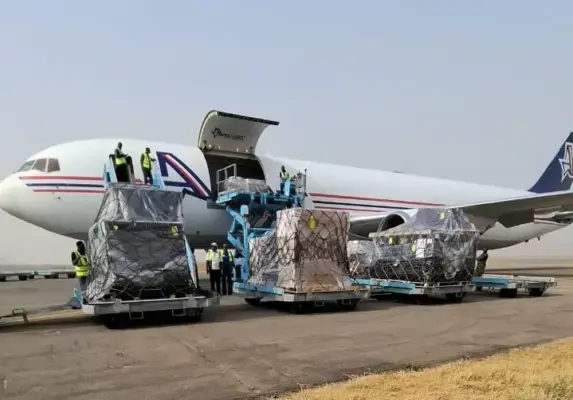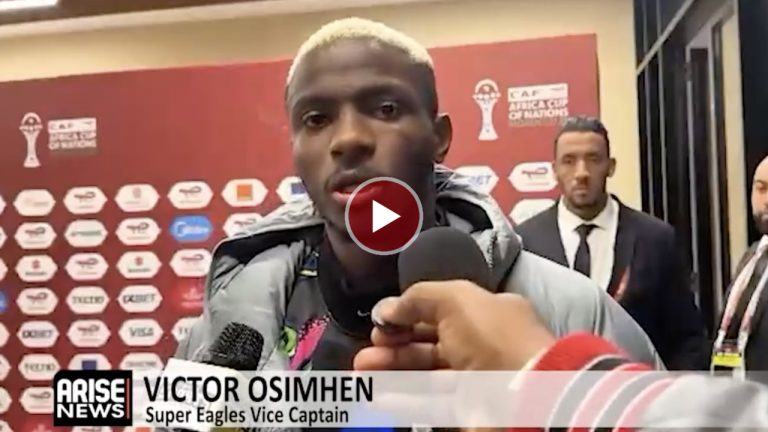
The Nigeria Union of Petroleum and Natural Gas Workers (NUPENG) and Dangote Refinery have recommitted to honouring the terms of the Memorandum of Understanding (MoU) signed earlier this week, reaffirming the right of refinery workers to unionise under Nigerian labour laws.
The development follows a high-level meeting on Friday, held at the headquarters of the Department of State Services (DSS) in Abuja, where stakeholders appealed for calm and called for the status quo to be maintained over the next two weeks.
At the heart of the dispute is the refinery’s alleged resistance to union activities among its newly recruited truck drivers, many of whom are members of NUPENG’s Petroleum Tanker Drivers (PTD) branch.
In the MoU signed on Tuesday, both parties agreed that:
- Unionisation is a legal right under Nigerian labour law.
- Workers at Dangote Refinery and Petrochemicals who choose to unionise will be allowed to do so without interference.
- The unionisation process must commence immediately and be completed between September 9 and 22, 2025.
- The management of Dangote Group agreed not to sponsor any alternative unions or retaliate against employees participating in union activities.
“No worker or employee of Dangote Refinery and Petrochemical will be victimised,” the MoU emphasized.
Although the MoU had prompted NUPENG to suspend its nationwide strike on Tuesday, the union had, by Thursday, accused Dangote of violating the agreement by instructing drivers to remove NUPENG stickers and replace them with those of a newly formed company-aligned association.
In response, NUPENG blocked the main entrance to the refinery, halting fuel loading operations and raising concerns over a potential fuel shortage, a critical issue for a country where many businesses and homes rely on petrol.
In a strongly worded statement, NUPENG said:
“We are placing all our members on red alert for the resumption of the suspended nationwide industrial action.”
The union also called on Nigerian civil society, labour groups, and the international community to stand against what it described as an attack on workers’ rights and freedom of association.
The original MoU was signed during a closed-door session facilitated by the DSS, with key figures in attendance, including:
- Minister of Finance, Wale Edun
- Representatives of the Nigeria Labour Congress (NLC) and Trade Union Congress (TUC)
- Officials from the Federal Ministry of Labour and Employment
- Executives from Dangote Group, led by Sayyu Dantata
- Top representatives from NUPENG, including President Williams Akporeha and General Secretary Afolabi Olawale
The Nigerian Midstream and Downstream Petroleum Regulatory Authority (NMDPRA) also participated, alongside the Ministry’s Director of Trade Union Services, Amos Falonipe, who signed on behalf of the Labour Minister.
What’s at Stake?
With Dangote Refinery positioned as a cornerstone in Nigeria’s fuel supply system, any prolonged disruption could lead to nationwide fuel scarcity, economic instability, and a spike in the cost of goods and services.
Industry experts warn that the outcome of the Dangote–NUPENG face-off may set a critical precedent for labour relations in Nigeria’s emerging private energy sector.


